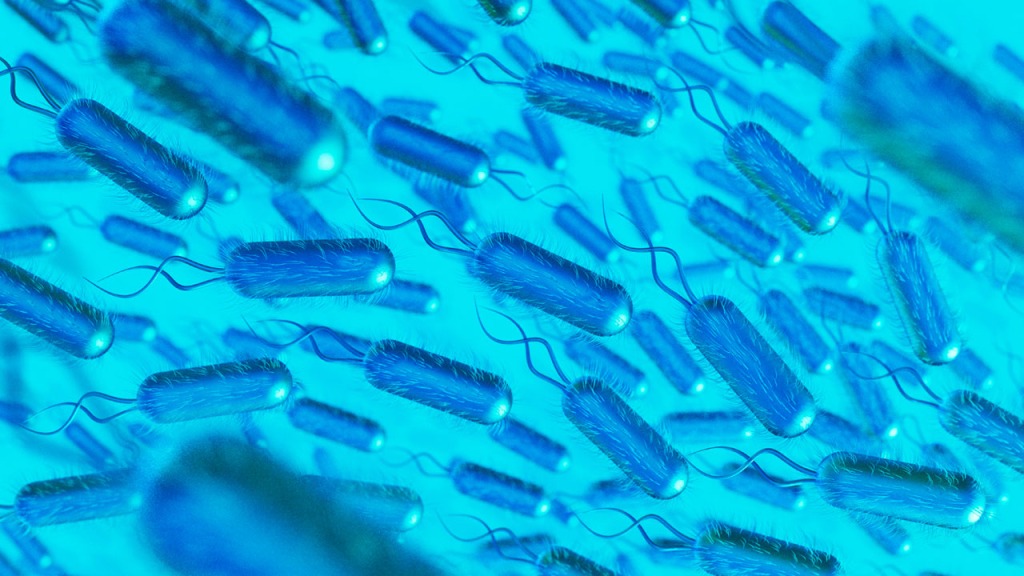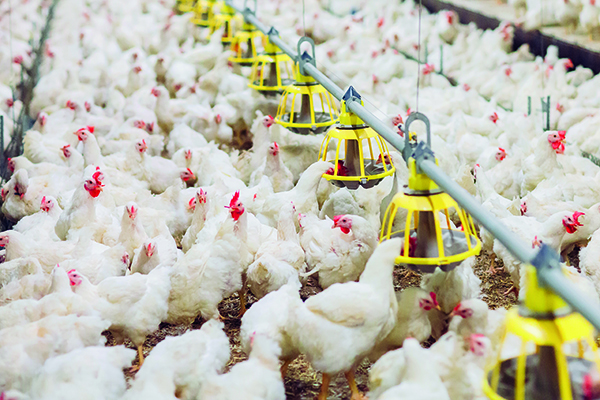Listeria: New EU regulations and how to stay ahead
Listeria monocytogenes remains one of the most concerning foodborne pathogens. Recent outbreaks across Europe, including cases in France that sadly led to fatalities, highlight the urgent need for stronger control. To address this, the European Union is introducing two new regulations that will set new standards for the food industry in the fight against Listeria.
From 1 July 2026, Regulation (EU) 2024/2895 will apply stricter requirements for ready-to-eat foods, including smoked fish, pâtés, prepared salads, soft cheeses, raw milk products, and ice cream. The rule is clear: no Listeria may be detected in 25 grams of food, unless it can be proven that levels remain below 100 cfu/g during the product’s shelf life. To comply, producers will need to step up testing, sampling, hygiene checks, shelf-life studies, temperature monitoring, and staff training.
A second regulation, EU 2025/179, will come into force on 23 August 2026. It mandates comprehensive genome sequencing of bacteria responsible for foodborne outbreaks, including Salmonella, Listeria, E. coli, and Campylobacter. Samples taken from food, animals, feed, and the environment will be examined in accredited laboratories, with data submitted to the European Food Safety Authority (EFSA). This will enhance traceability and speed up response times, ultimately safeguarding consumer health.
The situation demands urgent attention. According to EFSA, listeriosis cases increased nearly 16% in 2022 compared to the previous year, reaching one of the highest levels in ten years. Countries such as Belgium, Denmark, the Netherlands, Norway, and Spain have all reported recent outbreaks, often linked to unpasteurised dairy and specific processed foods.
Listeria Defense Service
At Christeyns, we are dedicated to supporting the industry in this fight. Our Listeria Defense service provides a comprehensive approach to detect, eliminate, and prevent contamination. By tracing sources of contamination, implementing corrective actions, and developing prevention plans, Listeria Defense helps food producers enhance their safety protocols and safeguard consumers.
More information about Listeria Defense
Regulation EU 2024/2895
Regulation EU 2025/179





